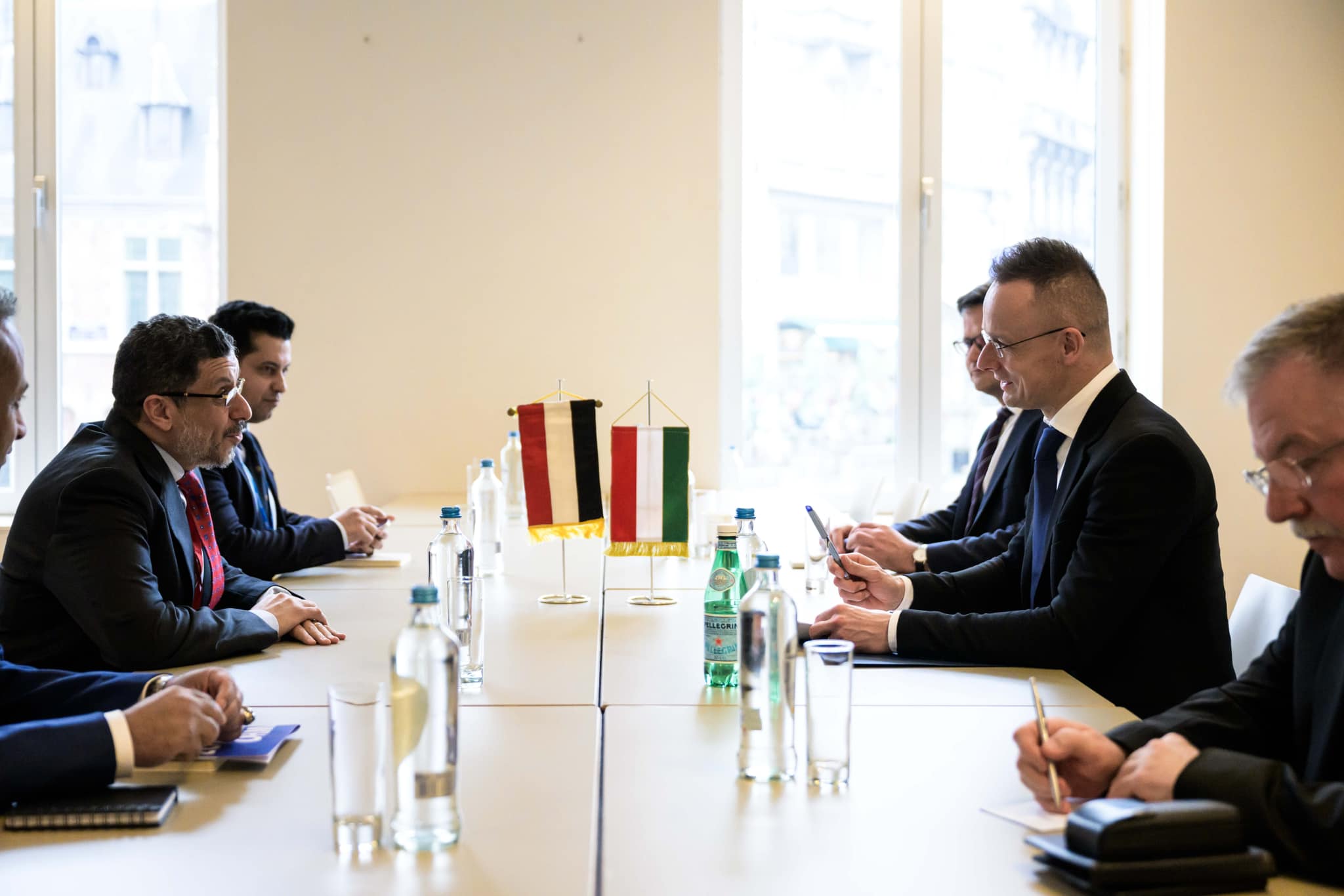The European Union is in great need of Eastern investments and trade in the Eastern direction. If the EU puts obstacles in their way, it will further lose its global economic weight - highlighted Péter Szijjártó Minister of Foreign Affairs and Trade on Friday in Brussels.

According to the ministry's announcement, at the press conference following the EU-India-Pacific ministerial meeting, the head of the ministry emphasized that in recent years a completely new reality has emerged in the world order, a new era has begun following the crises, in which the centre of gravity of the world economy has shifted from west to the east.
He underlined, that this is also shown by the fact that, while previously 70-80 percent of global investments were financed by Western capital, and the remaining 20-30 percent by Eastern capital, this ratio has now reversed.
He also touched upon the fact that Eastern and Western companies are now more dependent on each other than ever before.
"Of course, some describe this as a negative phenomenon. I think it's a good, it's a positive phenomenon," he said.
"It is very important that in this new period, in this new era, Europe finds the right answer, because if it gives the wrong answer to this new reality, it can cause itself much more serious economic problems than the current one," he added.
He emphasized that currently the realist and ideological approaches are fighting each other, and the supporters of the latter are working on the separation of Eastern and Western economies, which, however, according to him, would be completely against European interests.
“This approach struggles with reality, it wants to confront reality. But there is also a realistic approach that stands with two feet on the ground, takes reality as a basis and says that there is a need for closer East-West economic cooperation than ever before" - he stressed.
According to Péter Szijjártó, Europe is in a great need of Eastern investments today, as well as trade to the East, especially that without Asian suppliers, the electric transition in the automotive industry, which is a key sector, would not be possible.
"If Europe barricades itself from Eastern investments and puts obstacles in the way of Eastern trade, then the European Union will lose even more of its economic weight," he warned, recalling that China has now overtaken the continent in the ranking of gross domestic product (GDP).
He confirmed that his government wants to take steps in the direction of connectivity during the Hungarian EU Presidency later this year, therefore they want to speed up the free trade negotiations with the Southeast Asian states, Indonesia, Malaysia, Thailand and the Philippines.
"While we, here in Europe, were busy with our own nuisances and our own outdated, ideological debates, the world’s largest free trade area was created in the Southeast Asian region," he declared.
He recalled that the countries of the Regional Comprehensive Economic Partnership (RCEP) account for about 29 percent of the global GDP. "Therefore, it would be in the EU’s interest to develop the closest possible cooperation with this free trade zone," he said.
The minister believes that inappropriate matters should not be mixed with economic cooperation, i.e. if the EU wants to conclude these free trade agreements "with the intention of political and ideological education", then the partners will obviously not agree to them.
The minister praised the success of the Eastern Opening policy, pointing out that if the government had yielded to the "exercise of pressure and attempts at dissuasion", then his country would have missed out on a huge opportunity for growth, as in recent years most investments in Hungary have come from China and South Korea respectively. .
He stressed that in the past ten years, the trade turnover between Hungary and the Southeast Asian countries has increased by about 75 percent, and the investments coming from the region help the domestic economy change its dimensions and guarantee the maintenance of the growth path.
“Hungary is proof that very serious benefits can indeed be gained from East-West cooperation," he concluded.
Source:MTI-Hungarian News Agency

